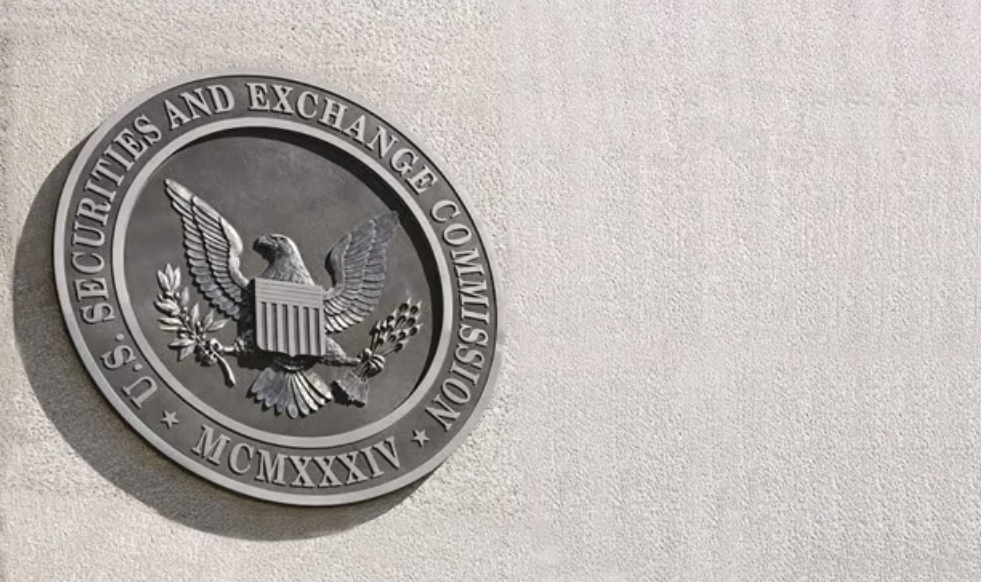

The six-year long legal battle between Commonwealth Financial Network and the Securities and Exchange Commission over the firm’s mutual fund revenue sharing practices took a sharp turn in Commonwealth’s favor this week when a federal appeals court reversed a $93 million penalty against the firm.
It’s been a tumultuous week for Commonwealth Financial Network, a leading independent broker-dealer that has for decades been regarded as an elite firm and home to advisors who generate among the highest annual revenues in the industry.
On Monday, its rival LPL Financial Holdings Inc. said it was buying Commonwealth for $2.7 billion in cash. The next day, the US Court of Appeals for the First Circuit in Boston vacated the district court's grant of summary judgment for the SEC and the disgorgement order, sending the case back to lower court for further proceedings consistent with the appeals court’s opinion.
Commonwealth and the SEC have been locked in the legal battle over revenue sharing charges for six years.
In 2019, the SEC claimed Commonwealth had breached its fiduciary duty by failing to tell its clients that they could have invested in less expensive share classes of funds.
It’s highly unusual in the securities industry for a broker-dealer to put up such resistance to a regulator like the SEC. Many senior executives fear any potential backlash from a regulator.
In this instance, Commonwealth’s unlikely strategy appears to have paid off.
The firm lost a stunning $93 million judgment last April to the SEC, which had alleged in 2019 that the firm, in its role as a registered investment advisor, from July 2014 through December 2018, failed to disclose material conflicts of interest related to certain revenue-sharing agreements with its clearing firm.
Commonwealth then appealed the federal court’s decision, and last July the company took aim at the SEC’s disgorgement figure of $63.5 million. In January, both sides presented oral arguments before the court of appeals.
The appeals court vacated the $63.5 million disgorgement award, citing “concerning, fundamental legal errors” made by the district court regarding whether the SEC proved a causal relationship between Commonwealth’s profits and alleged violations, according to a statement by Eversheds Sutherland, a law firm that represents Commonwealth Financial in the matter.
“This decision is a significant achievement for Commonwealth and the securities industry,” noted Olga Greenberg, partner, Eversheds Sutherland, in its statement.
“It highlights the importance of the materiality standard and the necessary proof of causation and damages in cases involving conflicts of interest and disclosures,” Greenburg added.

By listening for what truly matters and where clients want to make a difference, advisors can avoid politics and help build more personal strategies.

JPMorgan and RBC have also welcomed ex-UBS advisors in Texas, while Steward Partners and SpirePoint make new additions in the Sun Belt.

Counsel representing Lisa Cook argued the president's pattern of publicly blasting the Fed calls the foundation for her firing into question.

The two firms violated the Advisers Act and Reg BI by making misleading statements and failing to disclose conflicts to retail and retirement plan investors, according to the regulator.

Elsewhere, two breakaway teams from Morgan Stanley and Merrill unite to form a $2 billion RIA, while a Texas-based independent merges with a Bay Area advisory practice.
Orion's Tom Wilson on delivering coordinated, high-touch service in a world where returns alone no longer set you apart.
Barely a decade old, registered index-linked annuities have quickly surged in popularity, thanks to their unique blend of protection and growth potential—an appealing option for investors looking to chart a steadier course through today's choppy market waters, says Myles Lambert, Brighthouse Financial.
